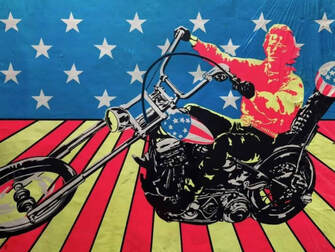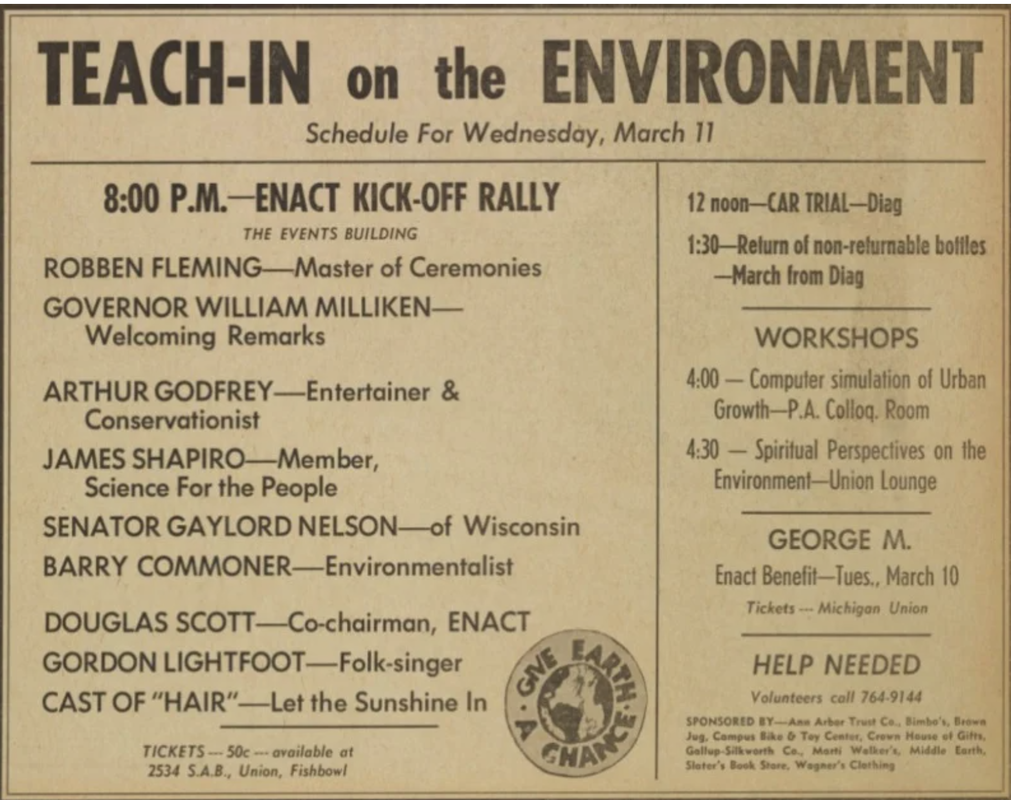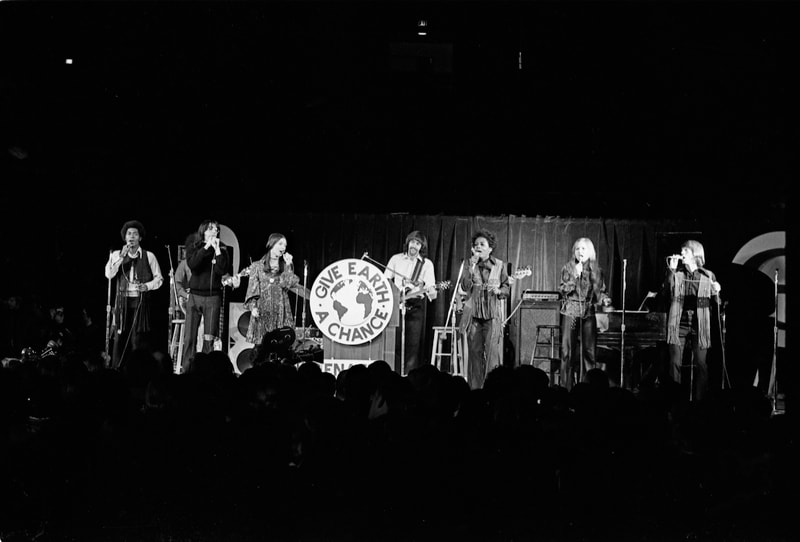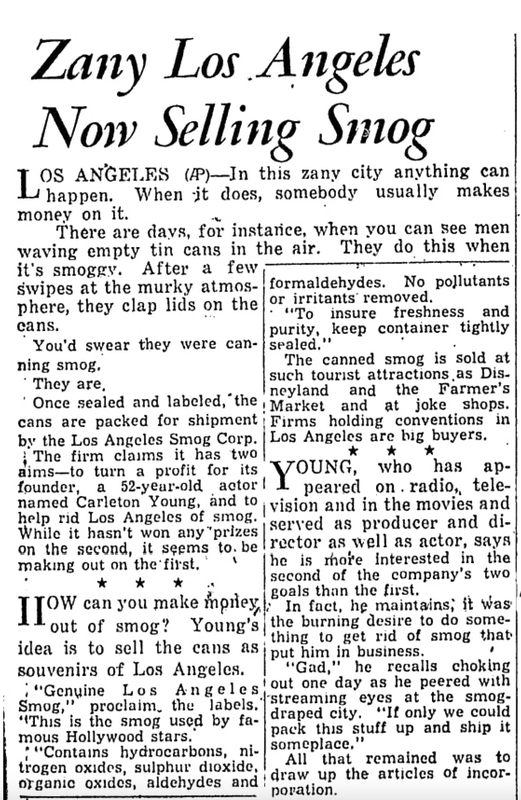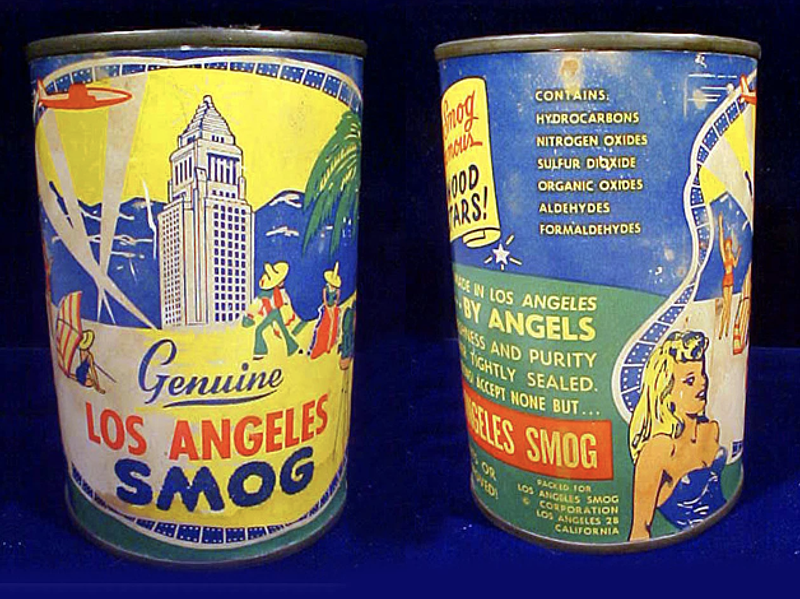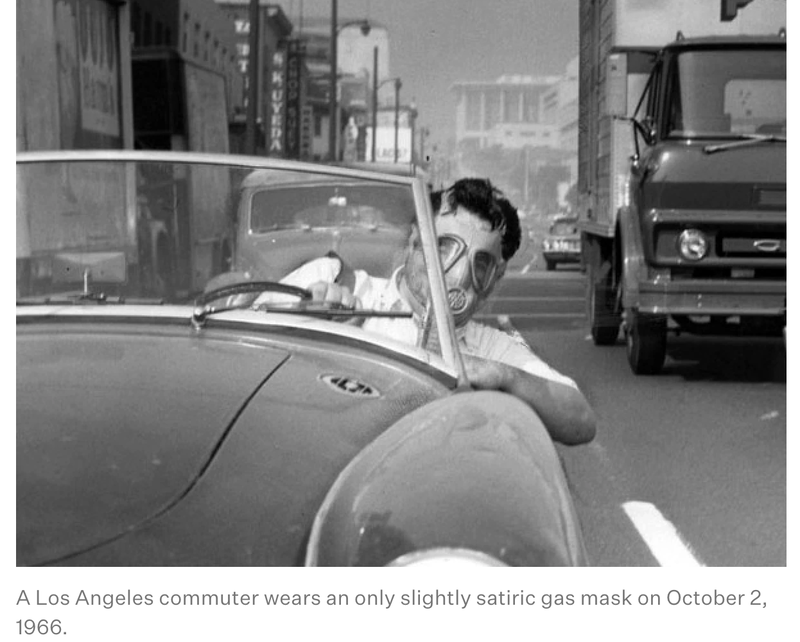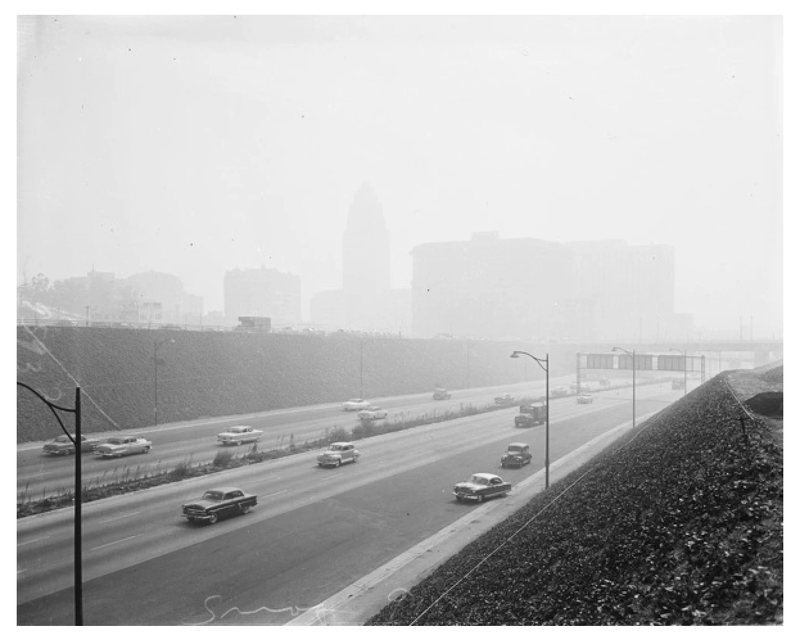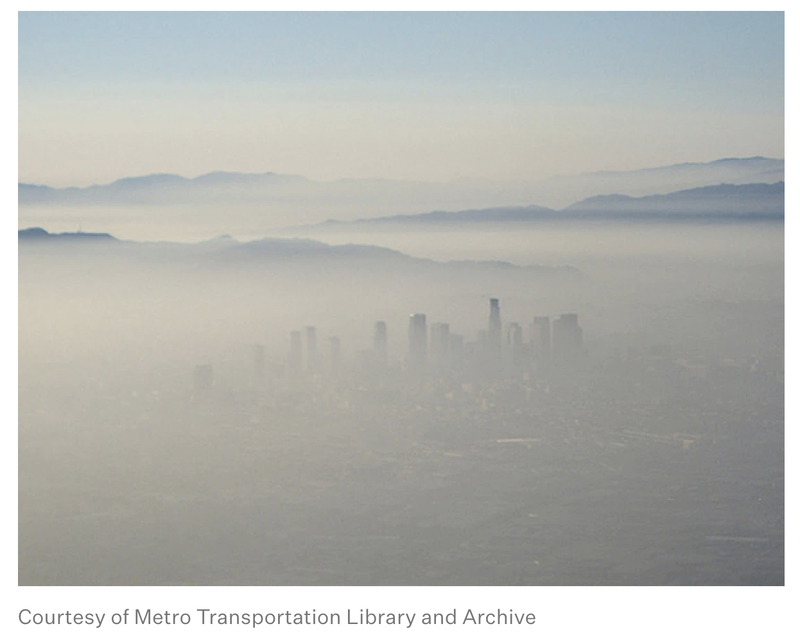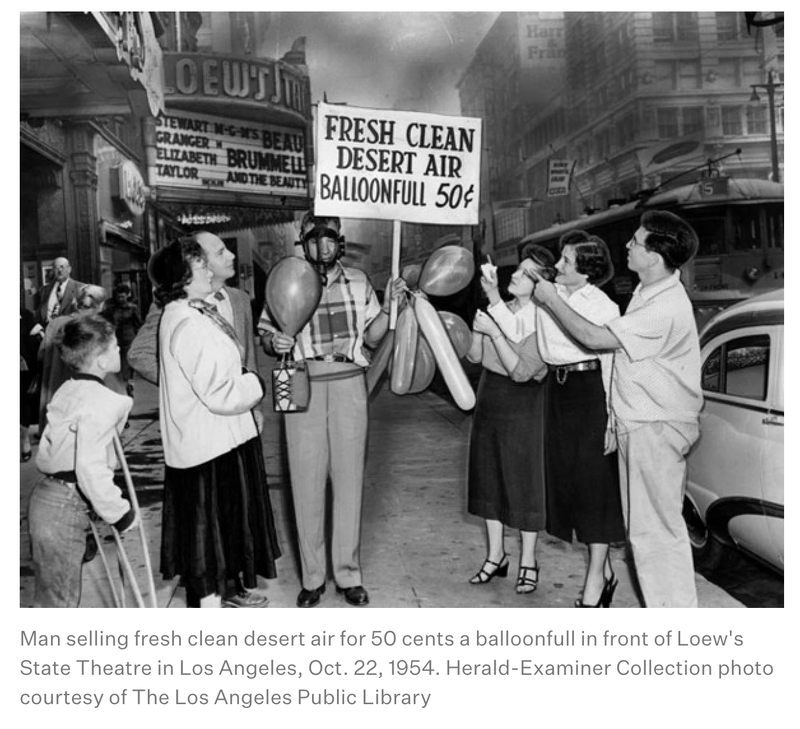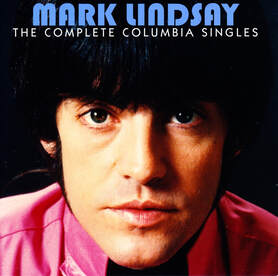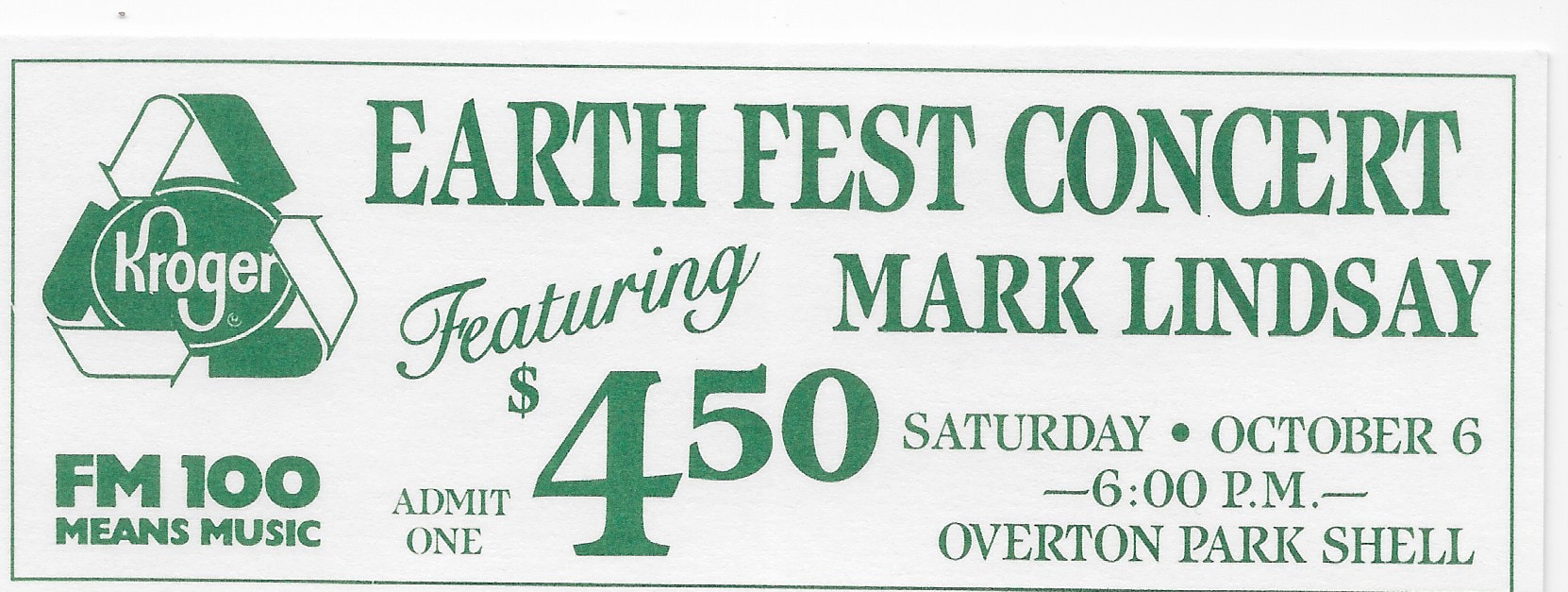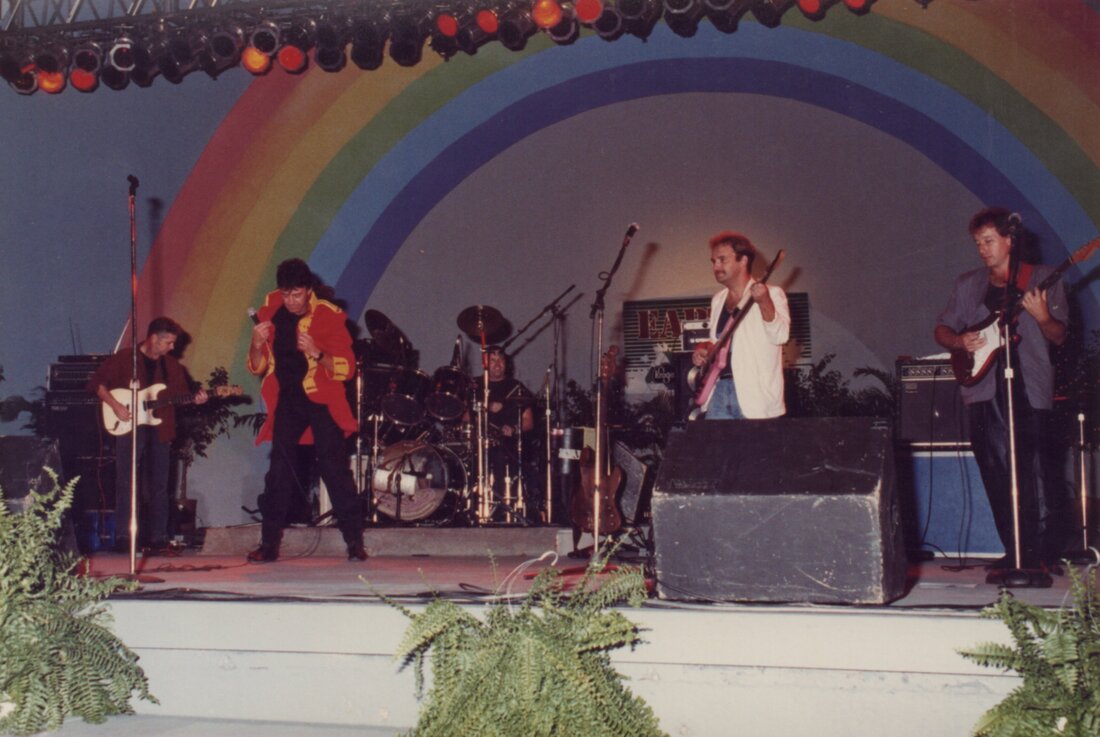APRIL 22 SHOW
SHOW PLAYLIST
What A Wonderful World - Joey Ramone
Earth Day - 1
- Get Ready - Rare Earth
- Pollution - Bo Diddley
- It’s So Hard Getting Up Today - The Raiders
Earth Day 2
- Mercy Mercy Me (The Ecology) - Marvin Gaye
- It’s The End of the World As We Know It - R.E.M.
- Big Yellow Taxi - Joni Mitchell
- Waiting For The Sun - The Doors
Earth Day 3
- The Revolution Starts Now - Steve Earle
- Mother Nature’s Son - Harry Nilsson
- House Burning Down - Jimi Hendrix
Earth Day 4
- Hungry Planet - The Byrds
- September - Earth Wind & Fire
- Out In The Country - Three Dog Night
Earth Day 5
- Poison In The Well - 10,000 Maniacs
- Going Up The Country - Canned Heat
- California Sun - The Dictators
- Photograph - Mark Lindsay
Earth Day 6
- Don’t Burn No Bridges - Jackie Wilson
- License To Kill - Bob Dylan
- Welcome To The World - Cheap Trick
- Earth Song - Michael Jackson
Earth Day 7
- My City Was Gone - Pretenders
- Don’t Go Near The Water - Beach Boys
- Earth Blues - Willie Nile
- Fall on Me - R.E.M.
Earth Day 8
- The World’s Gone Insane - The Empty Hearts
- People Have The Power - Patti Smith
- Smoking Gun - Mark Lindsay with Michael Bradley
What A Wonderful World - Joey Ramone
Earth Day - 1
- Get Ready - Rare Earth
- Pollution - Bo Diddley
- It’s So Hard Getting Up Today - The Raiders
Earth Day 2
- Mercy Mercy Me (The Ecology) - Marvin Gaye
- It’s The End of the World As We Know It - R.E.M.
- Big Yellow Taxi - Joni Mitchell
- Waiting For The Sun - The Doors
Earth Day 3
- The Revolution Starts Now - Steve Earle
- Mother Nature’s Son - Harry Nilsson
- House Burning Down - Jimi Hendrix
Earth Day 4
- Hungry Planet - The Byrds
- September - Earth Wind & Fire
- Out In The Country - Three Dog Night
Earth Day 5
- Poison In The Well - 10,000 Maniacs
- Going Up The Country - Canned Heat
- California Sun - The Dictators
- Photograph - Mark Lindsay
Earth Day 6
- Don’t Burn No Bridges - Jackie Wilson
- License To Kill - Bob Dylan
- Welcome To The World - Cheap Trick
- Earth Song - Michael Jackson
Earth Day 7
- My City Was Gone - Pretenders
- Don’t Go Near The Water - Beach Boys
- Earth Blues - Willie Nile
- Fall on Me - R.E.M.
Earth Day 8
- The World’s Gone Insane - The Empty Hearts
- People Have The Power - Patti Smith
- Smoking Gun - Mark Lindsay with Michael Bradley
This Week's
"DEEP DIVE"
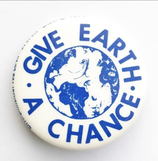
EARTH DAY
April 22 marks the 53rd anniversary of the original event.
Here's Walter Cronkite reporting:
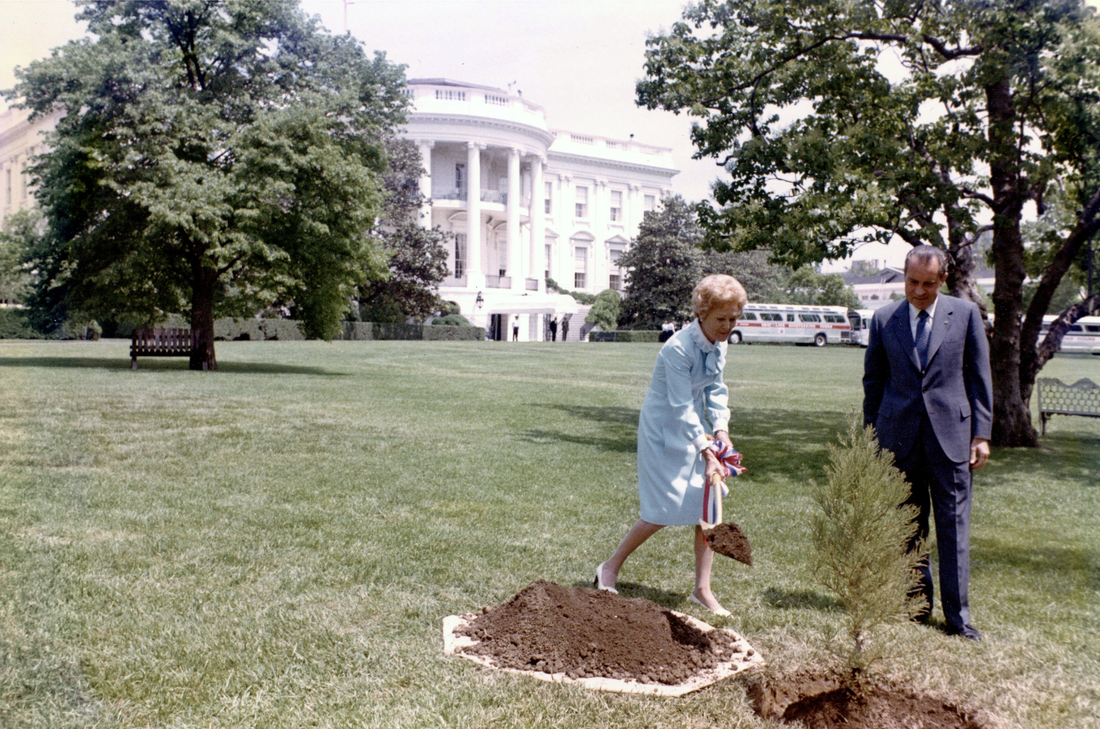
The Nixons planting a tree at the White House on the first Earth Day in 1970.
Whatever you think of Nixon, he DID sign a lot of environmental legislation during his tenure. Here's his remarks when he signed the Clean Air Act on December 31, 1970.
Remarks on Signing the Clean Air Amendments of 1970
Ladies and gentlemen:
On the last day of the year 1970, I think it would be appropriate to make a very few remarks with regard to this piece of legislation that I will now be signing, the clean air act of 1970.
And I see in this room a few who were present in San Clemente on the first day of 1970 when I said that this would be the year of the environment, that it was now or never if we were to clean up the air and clean up the water in major parts of the United States and to provide the open spaces that are so important for the future generations in this country.
The year 1970 has been a year of great progress in this field. In February, you will recall that I submitted the most comprehensive message on the environment ever proposed by a President of the United States. During the year, there have been some administrative actions, some legislative actions.
Time, however, has been required for the Congress to consider the proposals of the administration and, finally, to agree on the legislation that will be sent to the President for signature.
This is the most important piece of legislation, in my opinion, dealing with the problem of clean air that we have this year and the most important in our history.
It provides, as you know, for provisions dealing with fuel emissions and also for air quality standards, and it provides for 'the additional enforcement procedures which are absolutely important in this particular area.
How did this come about? It came about by the President proposing. It came about by a bipartisan effort represented by the Senators and Congressmen, who are here today, in acting. Senator Randolph, Senator Cooper, and Congressman Springer represent both parties and both Houses of the Congress.
And I thank the Congress, and the country owes a debt to the Congress in its closing days, for acting in this particular field.
I would say, however, that as I sign this piece of legislation, it is only a beginning, because now comes the enforcement and that allows me to comment briefly upon how we in the administration are set up to handle the problems of the environment in the years ahead.
We have, first, the Environmental Quality Council under the chairmanship of Russell Train. That Council advises the President on the policies which should be recommended to the Congress and to the Nation. And consequently, as I submit new recommendations, and there will be very significant new recommendations submitted to the Congress early in the next session on the environment, those recommendations will be the result of the actions that the Council has taken and its studies and its proposals.
And then there is the Environmental Protection Agency, which has been established by the Congress, where Mr. Ruckelshaus is the man responsible. And that is the enforcement agency. He enforces those proposals that, first are recommended by the Council, submitted by the President to the Congress, enacted by the Congress, and then become law.
So, we have the enforcement agency on the one side. We have the policy agency on the other. We have the legislative branch of the Government, both parties represented here, and, of course, the President in the primary role of having to submit the legislation and then backing up those who have the responsibility for enforcing it.
If I can summarize briefly, I think that 1970 will be known as the year of the beginning, in which we really began to move on the problems of clean air and clean water and open spaces for the future generations of America.
I think 1971 will be known as the year of action. And as we look at action, I would suggest that this bill is an indication of what action can be, because if this bill is completely enforced, within 4 years it will mean that the emissions from automobiles which pollute the environment will be reduced by 90 percent.
And the problem of automobile pollution, as we know, is one that not only now plagues my native area of southern California but all the great cities of this Nation, particularly those which have heavy automobile traffic, and most of the great cities of the world have similar problems.
So, what we are doing here is, first, by signing this legislation, to provide the tools through which we can have action to avoid the dangers that continuing air pollution by automobiles and through other methods will be going forward.
So, it seems very appropriate that in this room, the Roosevelt Room, a room that is named for both Roosevelts, Franklin Roosevelt and Theodore Roosevelt, but particularly in view of the fact that Theodore Roosevelt, who was the man most remembered in American history for his interest in conservation, his interest in the environment, that this bill is being signed here; this, it seems to me, is most appropriate.
And I would only hope that as we go now from the year of the beginning, the year of proposing, the year 1970, to the year of action, 1971, that all of us, Democrats, Republicans, the House, the Senate, the executive branch, that all of us can look back upon this year as that time when we began to make a movement toward a goal that we all want, a goal that Theodore Roosevelt deeply believed in and a goal that he lived in his whole life. He loved the environment. He loved the clean air and the open spaces, and he loved the western part of the United States particularly, which will be greatly affected by this kind of action.
And if, as we sign this bill in this room, we can look back and say, in the Roosevelt Room on the last day of 1970, we signed a historic piece of legislation that put us far down the road toward a goal that Theodore Roosevelt, 70 years ago, spoke eloquently about: a goal of clean air, clean water, and open spaces for the future generations of America.
The prequel to Earth Day was a Teach-In at the University of Michigan on March 11th...
more info HERE, which started the day before with a "Scream-out", and then cars were put on trial, followed by dumping thousands of their non-returnable cans on the steps of the local Coca-Cola bottler to encourage recycling (although the kids then picked the cans up up and put them in the trash)...
Whatever you think of Nixon, he DID sign a lot of environmental legislation during his tenure. Here's his remarks when he signed the Clean Air Act on December 31, 1970.
Remarks on Signing the Clean Air Amendments of 1970
Ladies and gentlemen:
On the last day of the year 1970, I think it would be appropriate to make a very few remarks with regard to this piece of legislation that I will now be signing, the clean air act of 1970.
And I see in this room a few who were present in San Clemente on the first day of 1970 when I said that this would be the year of the environment, that it was now or never if we were to clean up the air and clean up the water in major parts of the United States and to provide the open spaces that are so important for the future generations in this country.
The year 1970 has been a year of great progress in this field. In February, you will recall that I submitted the most comprehensive message on the environment ever proposed by a President of the United States. During the year, there have been some administrative actions, some legislative actions.
Time, however, has been required for the Congress to consider the proposals of the administration and, finally, to agree on the legislation that will be sent to the President for signature.
This is the most important piece of legislation, in my opinion, dealing with the problem of clean air that we have this year and the most important in our history.
It provides, as you know, for provisions dealing with fuel emissions and also for air quality standards, and it provides for 'the additional enforcement procedures which are absolutely important in this particular area.
How did this come about? It came about by the President proposing. It came about by a bipartisan effort represented by the Senators and Congressmen, who are here today, in acting. Senator Randolph, Senator Cooper, and Congressman Springer represent both parties and both Houses of the Congress.
And I thank the Congress, and the country owes a debt to the Congress in its closing days, for acting in this particular field.
I would say, however, that as I sign this piece of legislation, it is only a beginning, because now comes the enforcement and that allows me to comment briefly upon how we in the administration are set up to handle the problems of the environment in the years ahead.
We have, first, the Environmental Quality Council under the chairmanship of Russell Train. That Council advises the President on the policies which should be recommended to the Congress and to the Nation. And consequently, as I submit new recommendations, and there will be very significant new recommendations submitted to the Congress early in the next session on the environment, those recommendations will be the result of the actions that the Council has taken and its studies and its proposals.
And then there is the Environmental Protection Agency, which has been established by the Congress, where Mr. Ruckelshaus is the man responsible. And that is the enforcement agency. He enforces those proposals that, first are recommended by the Council, submitted by the President to the Congress, enacted by the Congress, and then become law.
So, we have the enforcement agency on the one side. We have the policy agency on the other. We have the legislative branch of the Government, both parties represented here, and, of course, the President in the primary role of having to submit the legislation and then backing up those who have the responsibility for enforcing it.
If I can summarize briefly, I think that 1970 will be known as the year of the beginning, in which we really began to move on the problems of clean air and clean water and open spaces for the future generations of America.
I think 1971 will be known as the year of action. And as we look at action, I would suggest that this bill is an indication of what action can be, because if this bill is completely enforced, within 4 years it will mean that the emissions from automobiles which pollute the environment will be reduced by 90 percent.
And the problem of automobile pollution, as we know, is one that not only now plagues my native area of southern California but all the great cities of this Nation, particularly those which have heavy automobile traffic, and most of the great cities of the world have similar problems.
So, what we are doing here is, first, by signing this legislation, to provide the tools through which we can have action to avoid the dangers that continuing air pollution by automobiles and through other methods will be going forward.
So, it seems very appropriate that in this room, the Roosevelt Room, a room that is named for both Roosevelts, Franklin Roosevelt and Theodore Roosevelt, but particularly in view of the fact that Theodore Roosevelt, who was the man most remembered in American history for his interest in conservation, his interest in the environment, that this bill is being signed here; this, it seems to me, is most appropriate.
And I would only hope that as we go now from the year of the beginning, the year of proposing, the year 1970, to the year of action, 1971, that all of us, Democrats, Republicans, the House, the Senate, the executive branch, that all of us can look back upon this year as that time when we began to make a movement toward a goal that we all want, a goal that Theodore Roosevelt deeply believed in and a goal that he lived in his whole life. He loved the environment. He loved the clean air and the open spaces, and he loved the western part of the United States particularly, which will be greatly affected by this kind of action.
And if, as we sign this bill in this room, we can look back and say, in the Roosevelt Room on the last day of 1970, we signed a historic piece of legislation that put us far down the road toward a goal that Theodore Roosevelt, 70 years ago, spoke eloquently about: a goal of clean air, clean water, and open spaces for the future generations of America.
The prequel to Earth Day was a Teach-In at the University of Michigan on March 11th...
more info HERE, which started the day before with a "Scream-out", and then cars were put on trial, followed by dumping thousands of their non-returnable cans on the steps of the local Coca-Cola bottler to encourage recycling (although the kids then picked the cans up up and put them in the trash)...
The Cast of Hair at the Teach-In
IT'S A WONDERFUL WORLD - Mark opened the show with Joey Ramone's take on the Louie Armstrong classic.
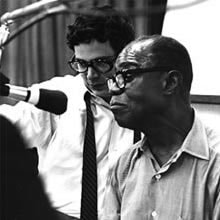
The original was arranged by Artie Butler, who worked with Mark on many solo and Raider tunes. You might enjoy Artie's story about his session with Louis Armstrong, available HERE. And check out Artie's whole website while you're at it!
Now, Let's head to Hawaii for a medley that includes WHAT A WONDERFUL WORLD with SOMEWHERE OVER THE RAINBOW. Mark heard Israel Kamakawiwo'ole for the first time when living in Maui. Please enjoy Iz....
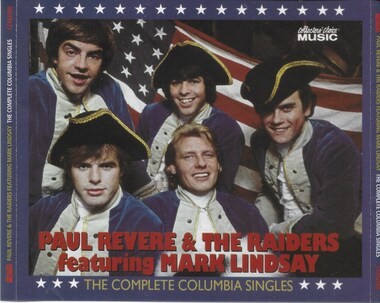
IT'S SO HARD GETTING UP TODAY - Mark closed the first set with this 1972 Raider song that he wrote and produced, the B side of Country Wine. It's available on the Raiders Complete Columbia Singles 3-CD set, which is in limited quantities since it's out of print, with an extensive liner note booklet personally autographed to you - check it out HERE.
Mark talked about living in smoggy LA in the 60s and 70s, and how bad the air quality was before legislation required changes. Click on the first photo below to start the slideshow...
MERCY MERCY ME - Mark opened the second set with Marvin Gaye's classic piece on the environment.
|
PHOTOGRAPH: Mark closed Set 5 with his last solo single on Columbia Records, and told the story of how it came to be recorded in Vancouver, Canada, instead of Los Angeles. It's available on Mark's Complete Columbia Singles CD, personally autographed to YOU, HERE. |
SMOKING GUN - Mark closed the show with this environmental anthem from his LOOKING FOR SHELTER project, and talked about how it came to be part of the project he did in 1989/90 in Memphis with former Raider Michael Bradley. When they were in the middle of recording the album, Mark approached Kroger and suggested that they partner in an environmental concert to raise money for the first recycling truck in the history of Memphis. Below is a shot from the "Earthfest" concert at Overton Park Shell.
We've just added 2 versions of the LOOKING FOR SHELTER CD to Mark's website:
- Collectible set including:
• one of the original 1990 small-batch CDs that he had made for promotion and to send out to record labels
• a 2004 CD release with bonus tracks, including a demo of the title song with former Raider Freddy Weller
* a set of 10 candid photos from the recording sessions
(Available HERE.)
- 2004 CD only
(Available HERE.)
Both options are personally autographed to YOU.
Some of the links on this page may be affiliate links, from which we may receive a small commission, but that does not influence what Mark plays on the show or elaborates on here in the Deep Dive.

